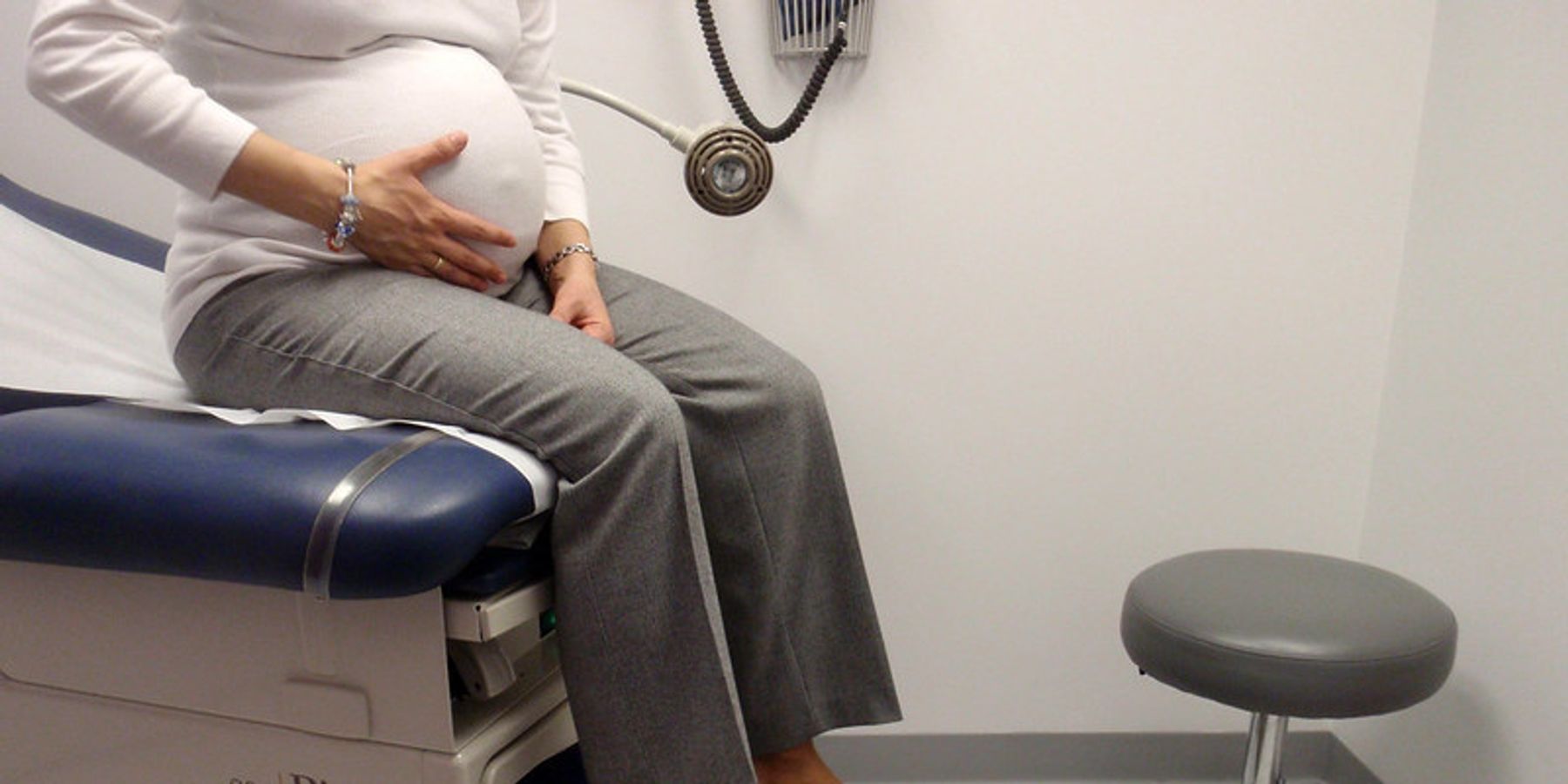Boys exposed before birth to a popular pain reliever in many brands including Tylenol were more likely to have symptoms of autism during childhood, according to a new study of mothers and children in Spain.
The study is the latest to suggest acetaminophen, widely prescribed to pregnant women, may impact brain development and behavior in children exposed in the womb.
"This is a good, important study, but not a definitive one," said Shanna Swan, a professor of reproductive science at Mount Sinai Hospital in New York who was not involved in the study. "There is gratuitous use [of acetaminophen], some unnecessary use. It is risky ... I think we know enough to say that."
Complex factors
Autism—a developmental disorder that ranges in severity and is marked by difficulty in communication and social interaction—has been on a steady increase in the U.S., with the latest estimates at about 1 in 68 births, according to the Centers for Disease Control and Prevention. While rates in other developed countries are also on the rise, some developing countries have low, stagnant rates, which has raised the question of whether the increases are due, at least in part, to advances in detection.
What has spurred an apparent increase in U.S. rates remains unknown, as a complex set of factors including genetics, problems during pregnancy and exposures to certain chemicals are all suspected culprits.
"Right now this study should not change providers' practice or patient's behavior, we simply don't know if a connection exists," said Dr. Jeffrey Ecker, chair of the American Congress of Obstetricians and Gynecologists' Obstetric Practice Committee, who was not involved in the study.
Pain relievers are sometimes necessary to keep mother and baby healthy, said Ecker, an obstetrician at Massachusetts General Hospital in Boston. "What this study does not address are the potential risks if folks say 'no Tylenol.' The result of fevers or pain that would have been prevented could also be potentially detrimental," he said.
On the spectrum
In the latest study, researchers in Spain asked 2,644 mothers about their use of the pain reliever, also known as paracetamol, during pregnancy and then evaluated the children either at age 1 or 5 for their attention abilities and markers of autism.
Boys consistently exposed to the pain reliever had more autism spectrum symptoms, and all kids exposed consistently were more likely to be hyperactive and impulsive.
"Comparing persistently exposed to non-exposed children, we have detected an increase of around 30 percent in the risk of detriment of some attention function measures," the authors wrote in the study published last week in the International Journal of Epidemiology.
About 40 percent of the children were exposed to acetaminophen up to week 32 of the pregnancies. One of the study's authors, Jordi Julvez, a researcher at the Center for Research in Environmental Epidemiology in Barcelona, Spain, said in an email that it's possible the male brain may be more vulnerable to such exposures during development.
Julvez said that acetaminophen could possibly alter certain brain receptors or immune system growth, and predispose babies to oxidative stress, all of which have the potential to compromise proper brain development for fetuses and infants.
Also there is evidence that acetaminophen can disrupt the endocrine system, altering the production of certain hormones, which could hamper fetal brain development.
Underreported drug use
The study is not the first to report a link between acetaminophen and developmental problems. A 2013 study out of Norway reported that among 48,000 children, those whose mothers who had taken acetaminophen during pregnancy were more likely to have delayed development, behavior problems and higher activity.
And a much-publicized study last year out of Denmark followed 64,322 mother-child pairs and found that women who reported using acetaminophen during pregnancy were about 50 percent more likely to have a child with autism and other behavioral issues such as hyperactivity and impulsivity.
But those studies, and the current one from Spain, are all limited in that they didn't actually test the mothers' use of the pain reliever. "The problem is they're asking about something that people don't remember very well," Swan said. "And there's evidence that over-the-counter drug use is often underreported."
Acetaminophen is used in roughly half of pregnancies. Pregnant women use it for fevers and pain but there are also benefits for babies, as fevers during pregnancy can interfere with fetal development.
Healthy mother = healthy pregnancy
Studying the potential causes of autism and other behavior disorders is complicated. It is difficult to test a compounds' impact on behavior, as animal studies do not work well for detecting such things as autism.
While scientists continue to learn more, Swan said pregnant women should watch their use. "The message we need out right now is not that pregnant women should not take it ever, but to take it sparingly, on an as-needed basis, which is not how it's taken now," Swan said.
Ecker agreed, adding that, for any person taking any medicine, the best practice is taking it at the lowest dose and least amount of time necessary for the ailment.
"The way I look at it is healthy mother means healthy pregnancy," he said.
















